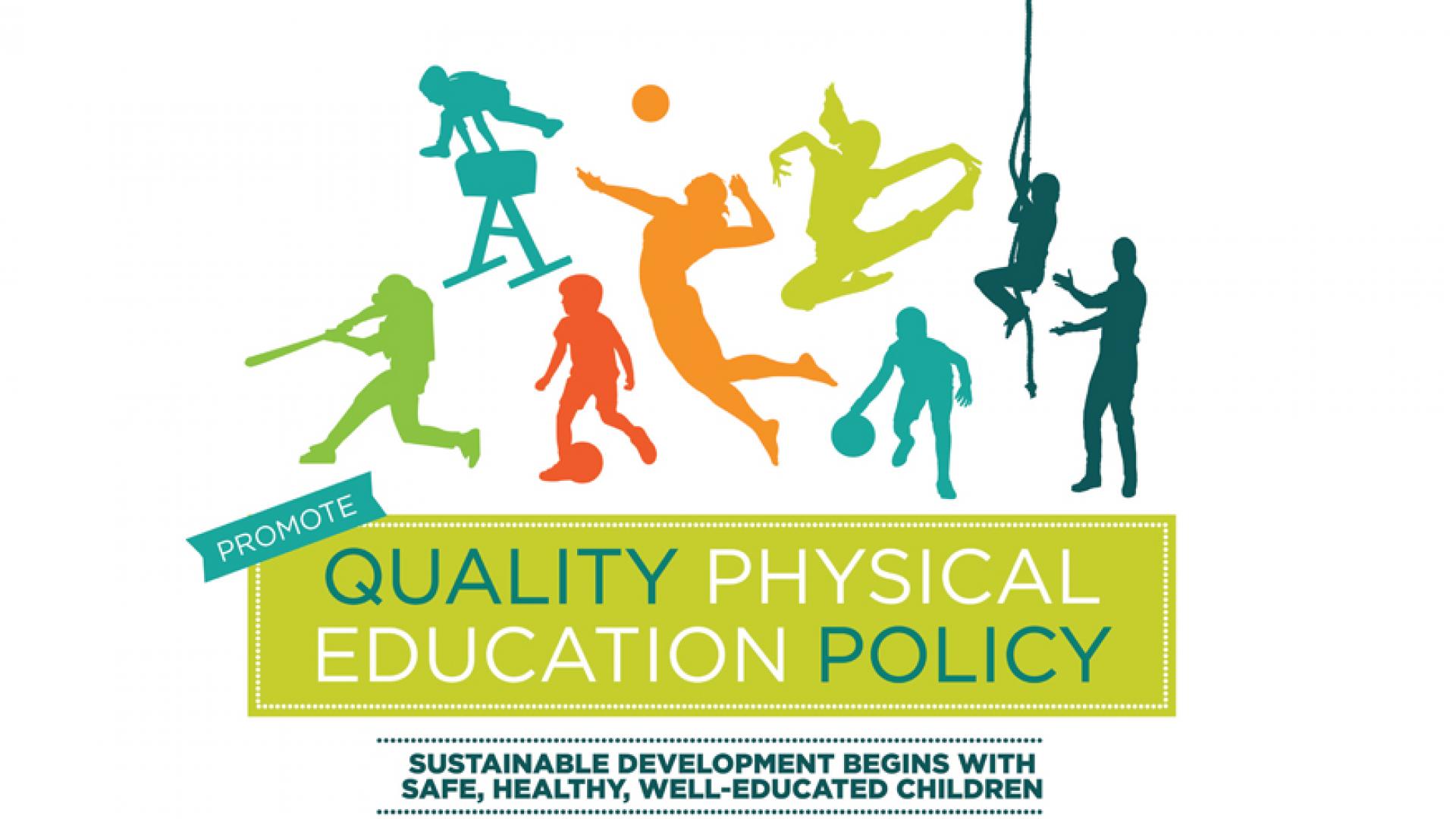
Quality Physical Education (QPE) is a physical education approach that is grounded in the equality of opportunity for all students to access a well-balanced and inclusive curriculum. QPE supports the acquisition of psychomotor, social and emotional skills which define self-confident and resilient citizens. It also emphasizes the value of physical literacy as a key developmental milestone contributing to body ownership, physical competency and enjoyment in lifelong activity.
COVID-19 has spotlighted the value of good health and resilience (physical, mental, social and economic). Almost a quarter of the world’s population have an underlying health condition which increases their vunerability to the virus. Mental health issues have increased exponentially during Coronavirus, particularly amongst youth, and physical inactivity can now be considered as a parallel pandemic, contributing to 5 million premature deaths annually.
The three new QPE publications are evidence-based and operationalize the findings of UNESCO’s Quality Physical Education Policy Pilot which was implemented in four countries (Fiji, Mexico, South Africa and Zambia) from 2016-2018. The new publications complement the existing QPE resource package (see below) which was developed with a compact of partners including the European Commission, the International Council of Sport Science and Physical Education (ICSSPE), the International Olympic Committee (IOC), Nike, the United Nations Development Programme (UNDP), the United Nations International Children’s Emergency Fund (UNICEF) and the World Health Organization (WHO).
Making the case for inclusive Quality Physical Education policy development: a policy brief;
The evidence-based policy brief presents the case for investment in quality physical education (QPE). Content draws directly on findings from in-country interventions which demonstrate the value of inter-sectoral partnerships in QPE policy development and the delivery of low cost/high impact QPE programming which stands to accelerate post-COVID recovery efforts. A series of practical recommendations are included for public and private stakeholders in the sport-education ecosystems, alongside resources to support the implementation of recommendations.
How to influence the development of Quality Physical Education policy: a policy advocacy toolkit for youth;
The toolkit is designed to support young people and youth organizations to advocate for and effectively contribute to the development of quality physical education policy. It offers general principles for successful policy advocacy that can be adapted based on what best suits different national contexts and policy development processes. The sections include an evidence-based rationale for youth policy engagement, tested techniques to inspire impact-oriented advocacy strategies and practical checklists to navigate physical education (PE) policy development processes.
The Quality Physical Education policy project: analysis of process, content and impact.
The Policy Project Analysis is a technical report that includes the QPE project’s background and rationale, the results of the policy revision processes in the four pilot country contexts, lessons learnt in-country and a global synthesis of national level findings. The national level and comparative analysis were undertaken according to the project’s results framework and theory of change model which aligns with the 8 thematic areas of the Quality Physical Education Guidelines and is annexed to the QPE Policy Project Analysis. The report concludes with a series of practical recommendations to enrich and scale the policy revision project in additional country contexts.
Source: UNESCO
 Welcome to the United Nations
Welcome to the United Nations